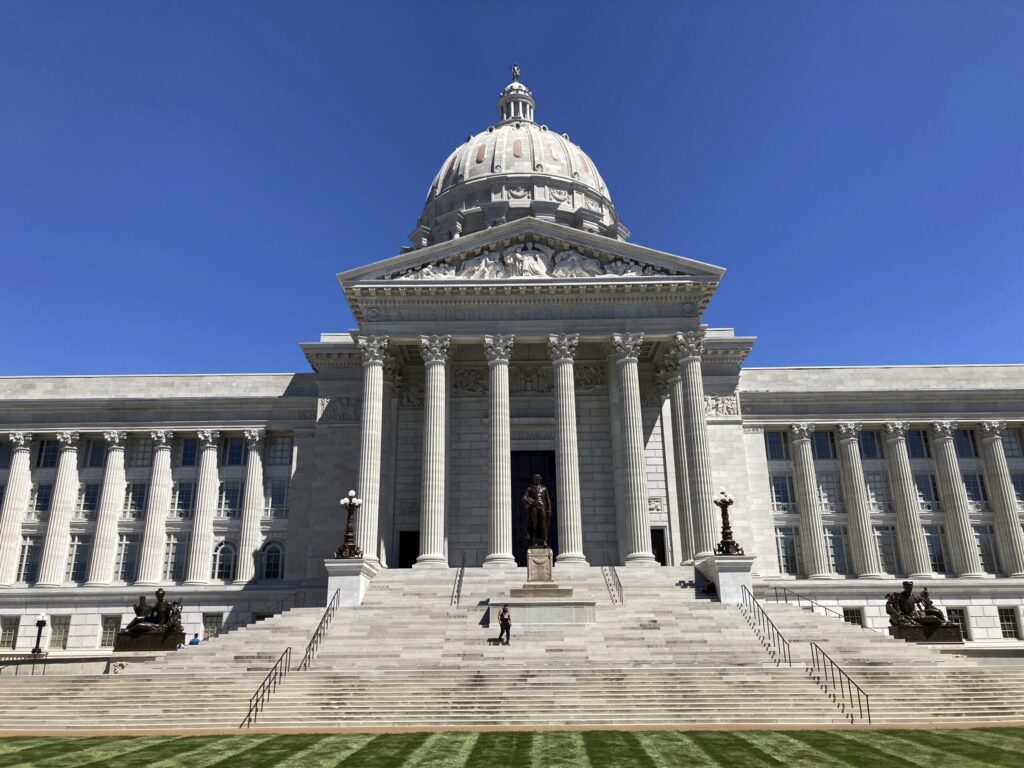JEFFERSON CITY, Mo. (AP) — Students across Missouri will have access to private school scholarships after an expansion of a tax credit program passed Thursday by the Republican-led state Senate.
Senators voted 19-10 to pass the massive education bill, gaining approval after weeks of bipartisan negotiations. The bill now goes to the Republican-led House of Representatives for approval.
The bill represents a victory for advocates of expanding access to nontraditional K-12 education, including private, religious, charter, and virtual schools. Part of the proposal would allow charter schools to open in Boone County, for example.
“We were focused on providing options beyond public schools,” said Sen. Andrew Koenig, the Republican sponsor of the bill.
But the bill also includes concessions to fervent public school advocates who oppose using public funds to support charter and private schools.
Compromises included in the bill include hundreds of millions of dollars in additional funding for K-12 public schools and additional funding for school districts that maintain a five-day school week.
“Senate Democrats have always taken the position of opposing the privatization of education by siphoning taxpayer funds,” said Democratic Sen. Lauren Arthur. “So, yes, we strongly oppose voucher and charter expansion. I can say that there was a lot in this bill that made us want to vote for it.”
At the heart of the bill is the expansion of the Missouri Empowerment Scholarship Account, a voucher-like program that provides education subsidies to low-income families. The scholarships are funded by private donors and donors receive a tax deduction.
The current program limits recipients to residents of the state's largest cities and households earning 200% of the federal poverty level ($62,400 annually for a family of four).
Supporters want to provide scholarships statewide to families earning 300 percent of the federal poverty level, or $93,600 for a family of four.
The bill would increase the cap on tax credits from $50 million to $75 million annually.
Unrelated to that, the proposal would require local votes to convert large-city school districts to a four-day school week.
Republican and Democratic Senate leaders estimate that the bill, if fully implemented, would cost the state between $400 million and $450 million annually.
In Missouri, the so-called school choice issue divides lawmakers across the typical Republican-Democratic lines.
Republican lawmakers in rural Missouri are pushing back on allowing charter schools in their locales, concerned that charter schools could draw students away from traditional public schools and undermine what they consider to be the roots of local communities. I have been against it for years. Some Democrats also want more options for students in cities with low-performing schools.
Lawmakers have until mid-May to send the bill to Gov. Mike Parson.


